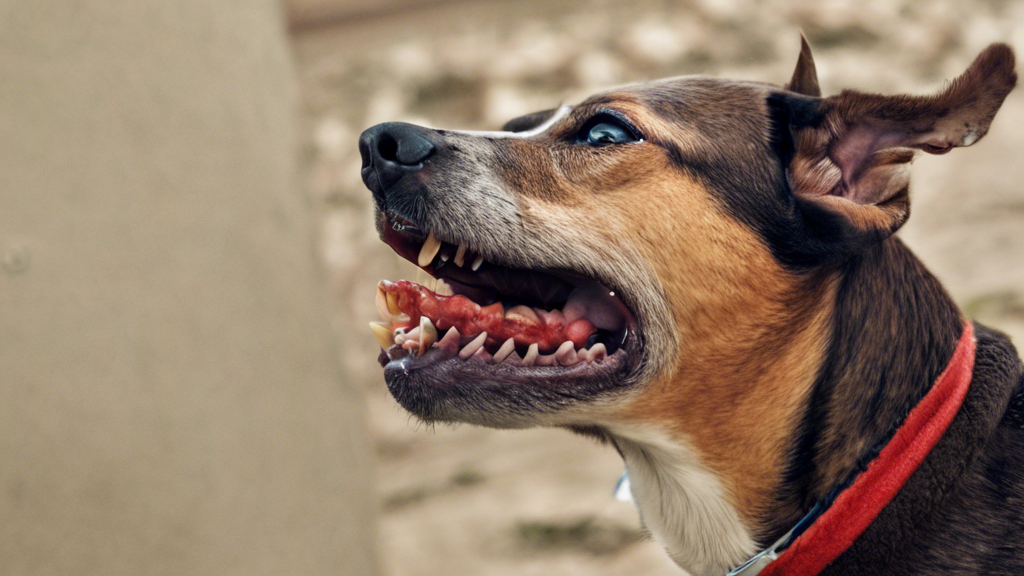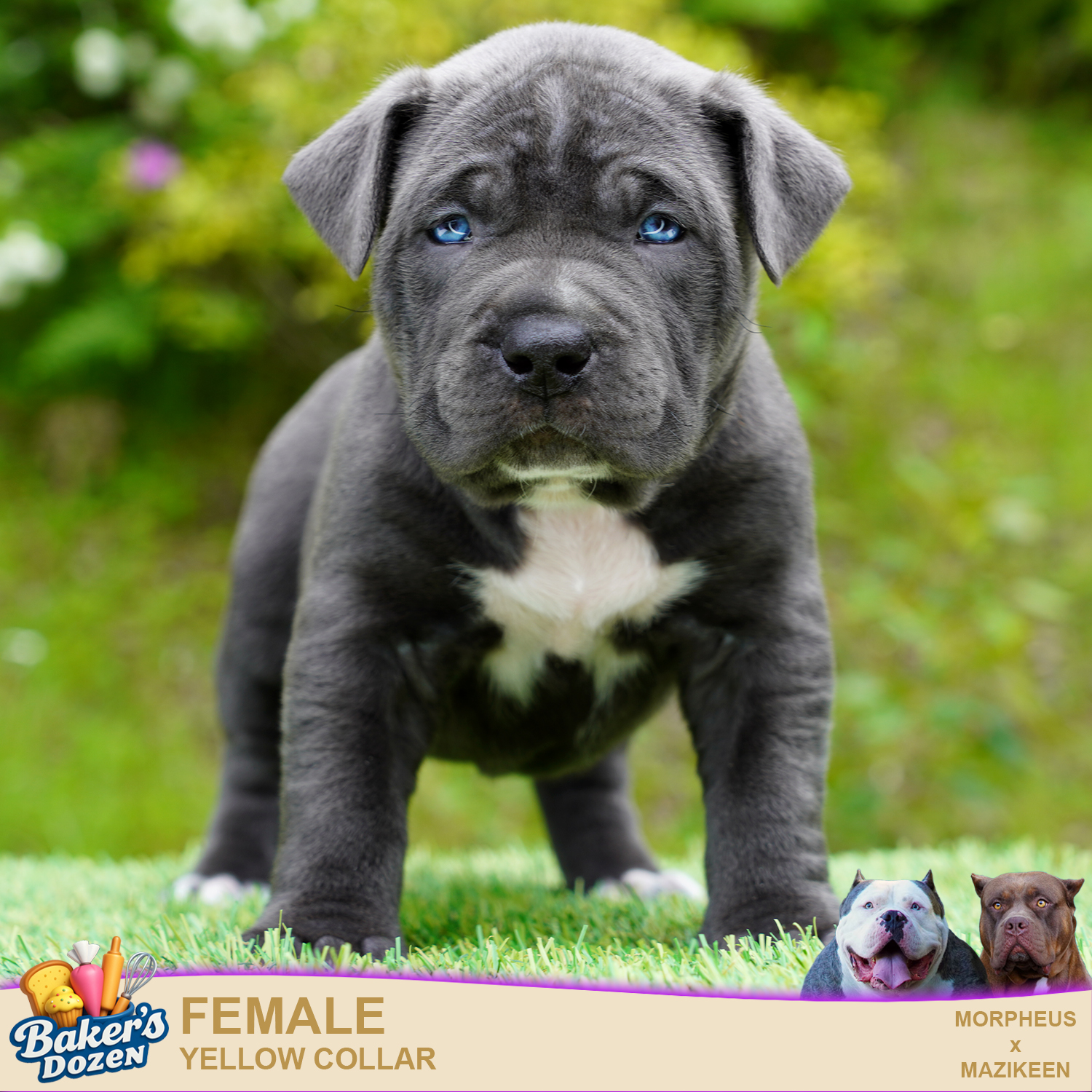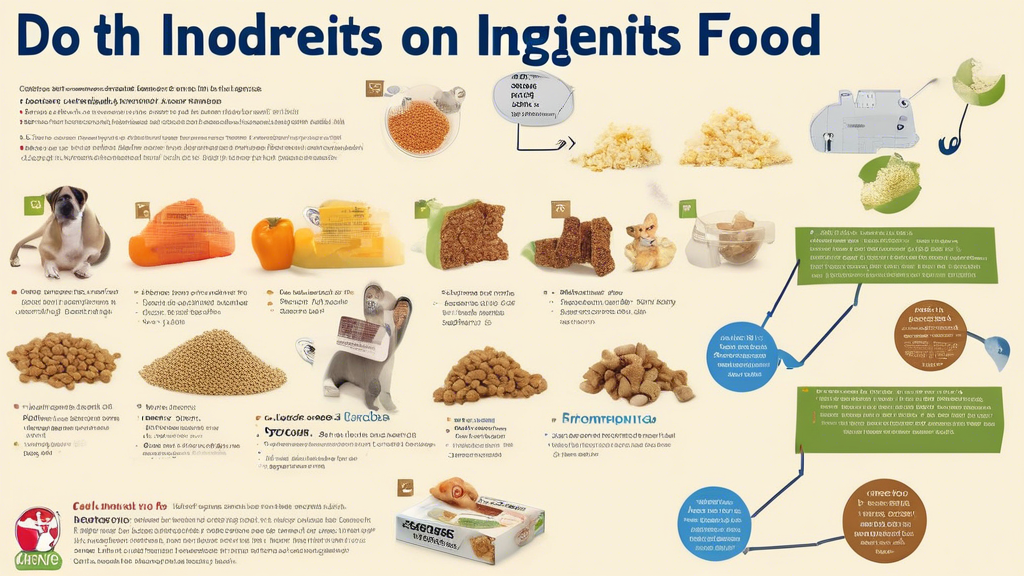**Small Dog Teeth Problems: Why Smaller Breeds Have Dental Issues**
Dental issues are a common problem in small dog breeds, with statistics showing a significantly higher incidence compared to larger breeds. This disparity stems from anatomical differences, such as smaller jaw size and crowded teeth, as well as lifestyle factors like lack of proper dental care and soft diets. Additionally, genetics, breed predispositions, nutritional deficiencies, and imbalances can contribute to dental problems in small dogs. As these issues can have a significant impact on overall health and well-being, it’s crucial to understand the contributing factors and take proactive measures to maintain optimal dental health in small breeds.
Prevalence of Dental Issues in Small Breeds
Dental issues are prevalent among small dog breeds, with a significantly higher incidence compared to larger breeds. A study conducted by the American Veterinary Medical Association (AVMA) revealed that 85% of small dogs develop some form of dental disease by the age of three. This disparity in dental health can be attributed to several factors:
-
Anatomical Differences: Small dogs have smaller jaws and more crowded teeth, making it easier for plaque and bacteria to accumulate.
-
Lifestyle Factors: Many small dogs receive inadequate dental care and are often fed soft diets that do not promote dental hygiene.
-
Genetics and Breed Predispositions: Certain small breeds, such as Chihuahuas and Poodles, are genetically predisposed to developing dental problems.
-
Nutritional Deficiencies and Imbalances: A lack of essential nutrients, such as calcium and phosphorous, can contribute to weakened teeth and increased dental problems.
-
Common Dental Issues in Small Breeds: Small dogs are more susceptible to periodontal disease, tooth decay, and other dental issues. These conditions can lead to pain, discomfort, and even organ damage if left untreated.
It’s crucial to recognize the prevalence of dental issues in small breeds and take proactive measures to maintain their oral health. Regular dental checkups, proper dental care, and a balanced diet can help prevent dental problems and promote the overall health and well-being of your furry companion.
The #1 Free Source for Pitbull & Bully Pedigrees!

Contributing Factors to Dental Problems in Small Breeds
Anatomical Differences
Smaller breeds have smaller jaws and mouths, which can lead to overcrowding of teeth. This crowding can make it difficult for dogs to clean their teeth effectively, leading to plaque and tartar buildup.
Lifestyle Factors
Many small breed dogs are not provided with proper dental care. They may not be brushed regularly, and they may not have access to dental treats or toys that can help keep their teeth clean. In addition, small breeds often eat soft diets, which do not provide the same abrasive action as harder foods and can contribute to tartar buildup.
Genetics and Breed Predispositions
Some small breeds are more likely to develop dental problems than others. For example, brachycephalic (flat-faced) breeds, such as pugs and bulldogs, have a higher incidence of dental issues due to their crowded teeth and shortened muzzles.
Nutritional Deficiencies and Imbalances
A diet that is deficient in certain nutrients, such as calcium and phosphorus, can contribute to dental problems in small breeds. These nutrients are essential for maintaining healthy teeth and bones. An imbalance in the diet, such as too much protein or fat, can also lead to dental issues.
Common Dental Issues in Small Breeds
The most common dental problems seen in small breeds include:
- Periodontal disease: This is a bacterial infection of the gums and supporting structures of the teeth. It is the most common dental problem in dogs, and it can lead to tooth loss if not treated.
- Tooth decay: This is the breakdown of the tooth enamel and dentin. It can be caused by a number of factors, including poor dental hygiene, a diet high in sugar, and certain medical conditions.
**Conclusion**
Dental issues are prevalent among smaller dog breeds due to several contributing factors. Anatomical differences, improper dental care, and genetic predispositions all play significant roles in their dental health challenges. Common dental problems in small breeds include periodontal disease, tooth decay, and gingivitis, which can lead to pain, discomfort, and systemic health risks.
To ensure the well-being of small dogs, it is crucial for owners to prioritize their dental care. This includes regular teeth brushing, professional cleanings, and dental check-ups. Proper nutrition and a healthy diet can also contribute to good dental hygiene. By understanding the unique risks faced by smaller breeds and implementing proactive dental health measures, owners can help prevent or mitigate dental issues, ensuring a healthier and happier life for their furry companions.










Leave A Comment